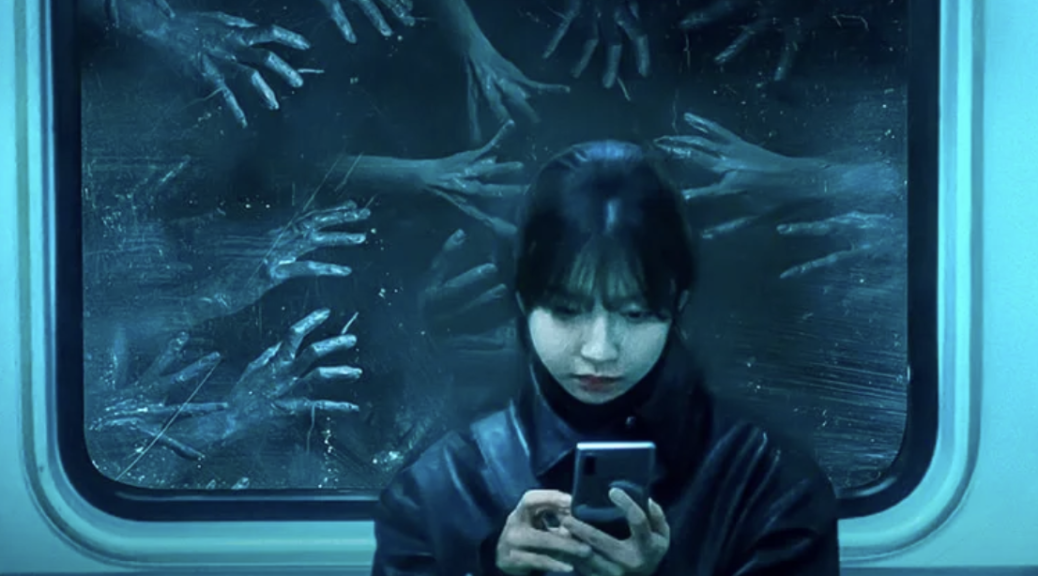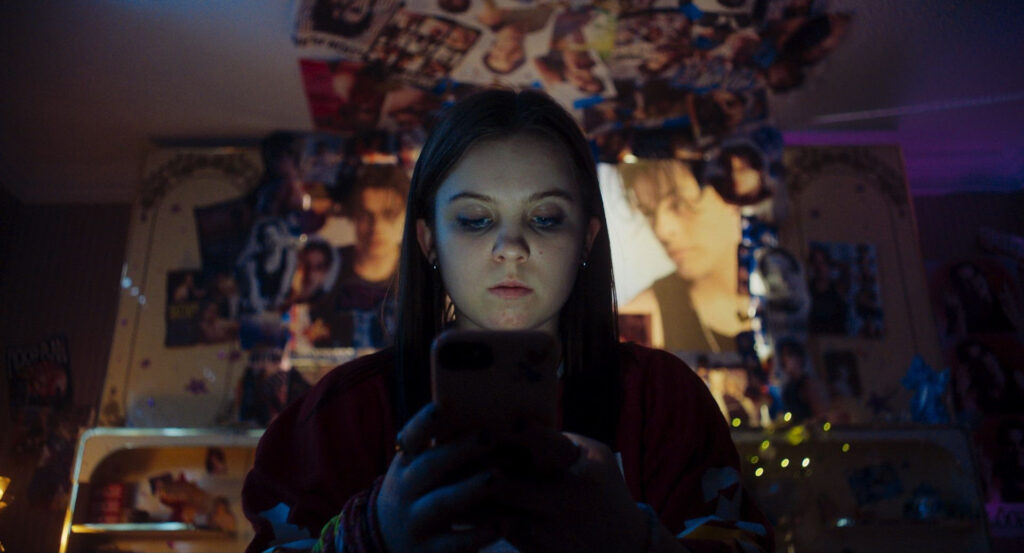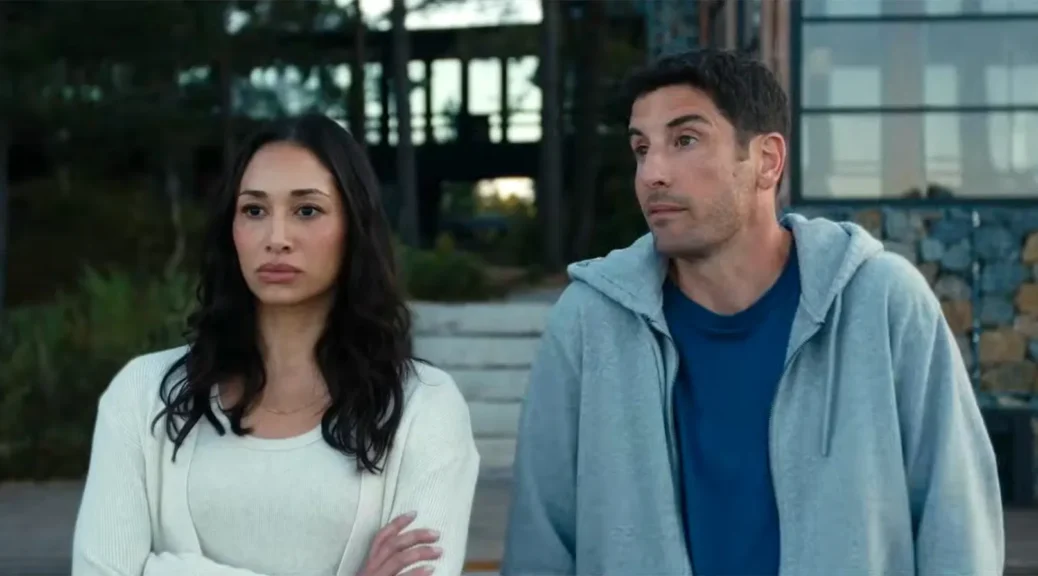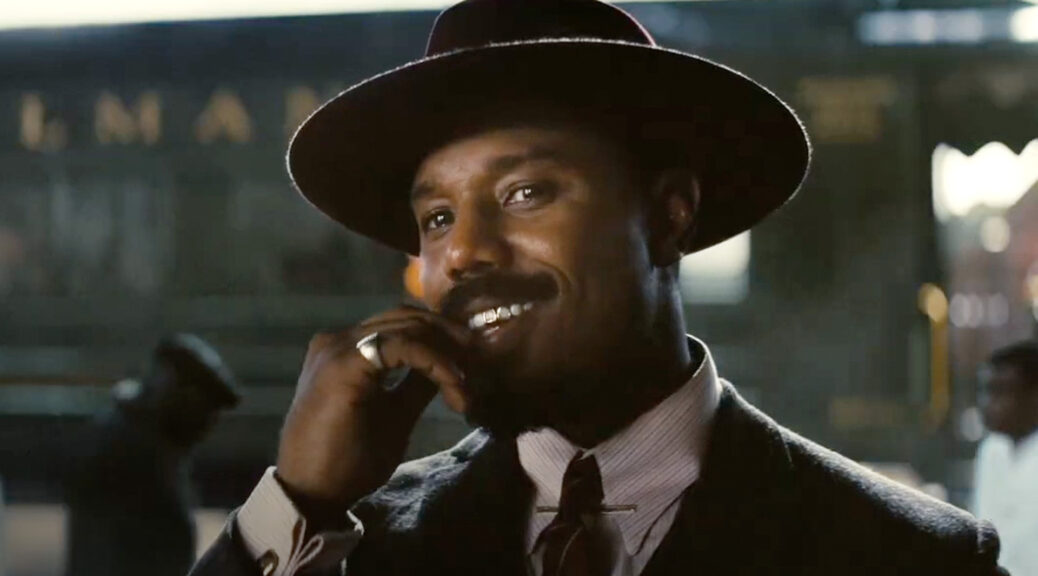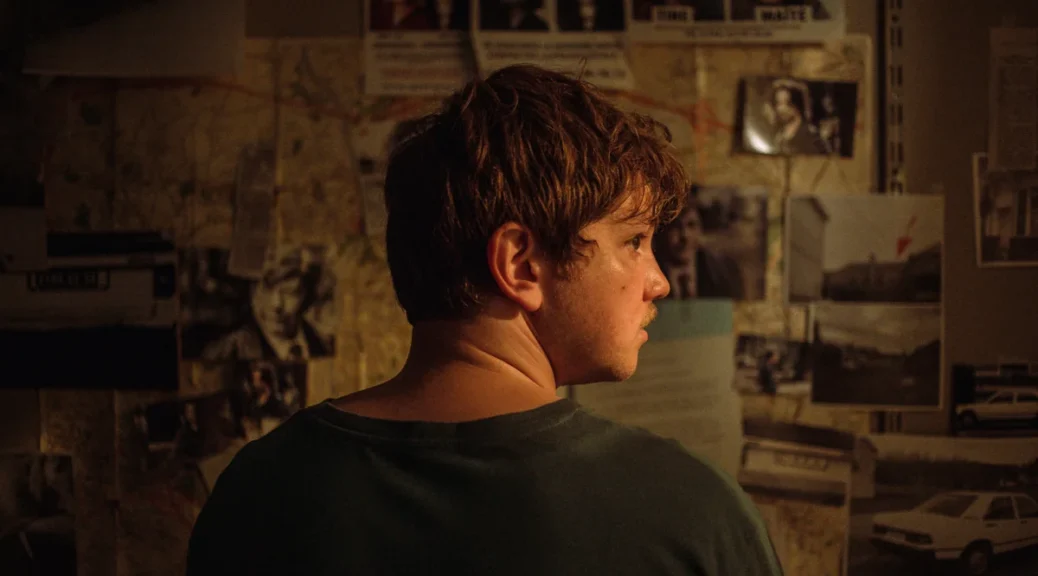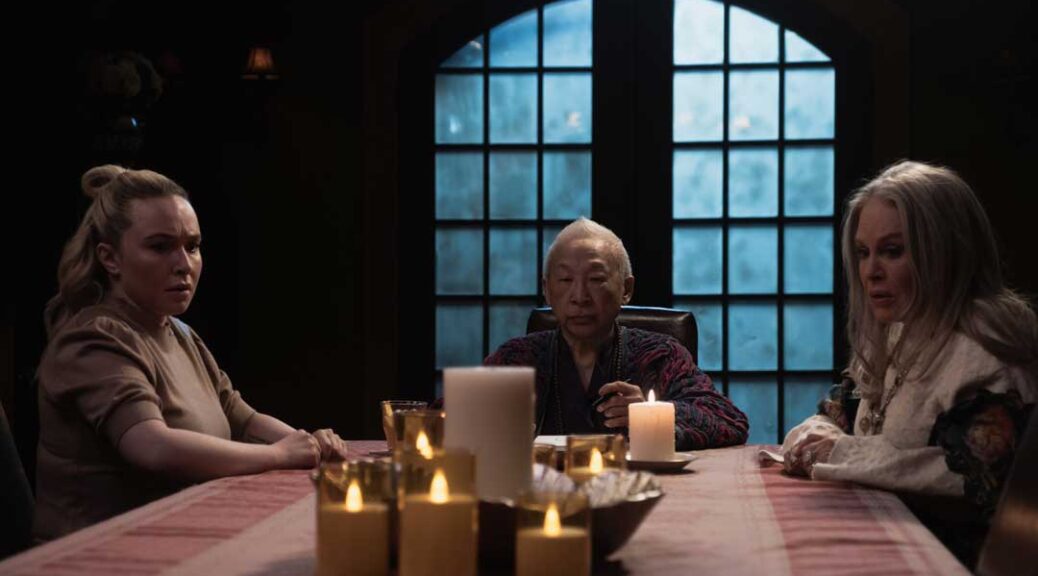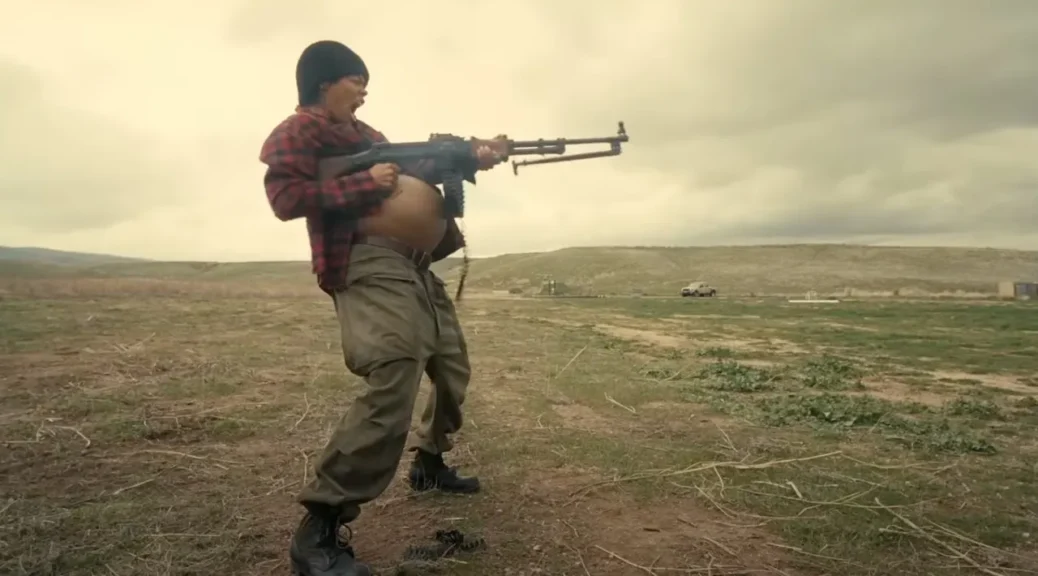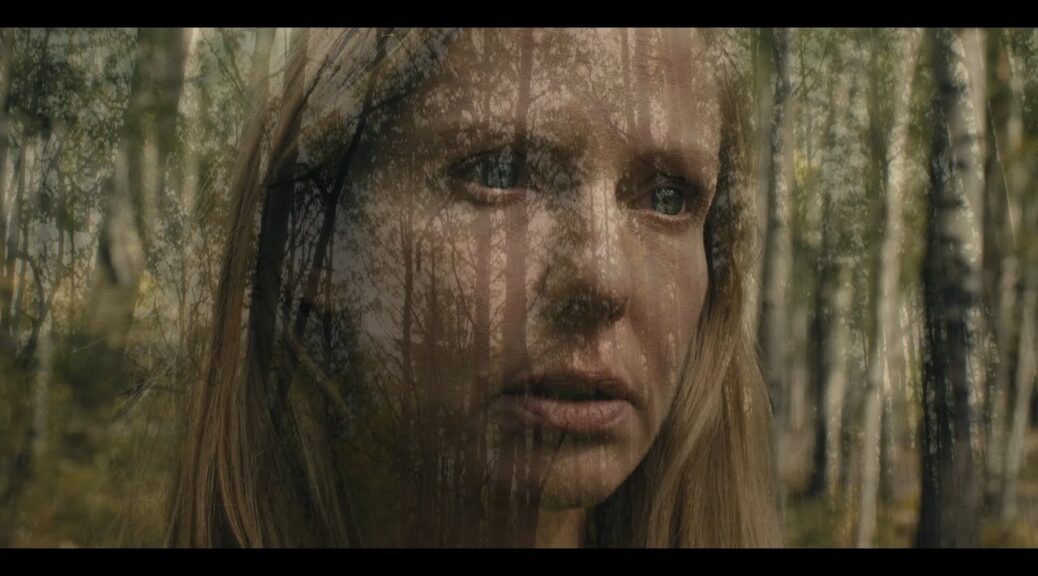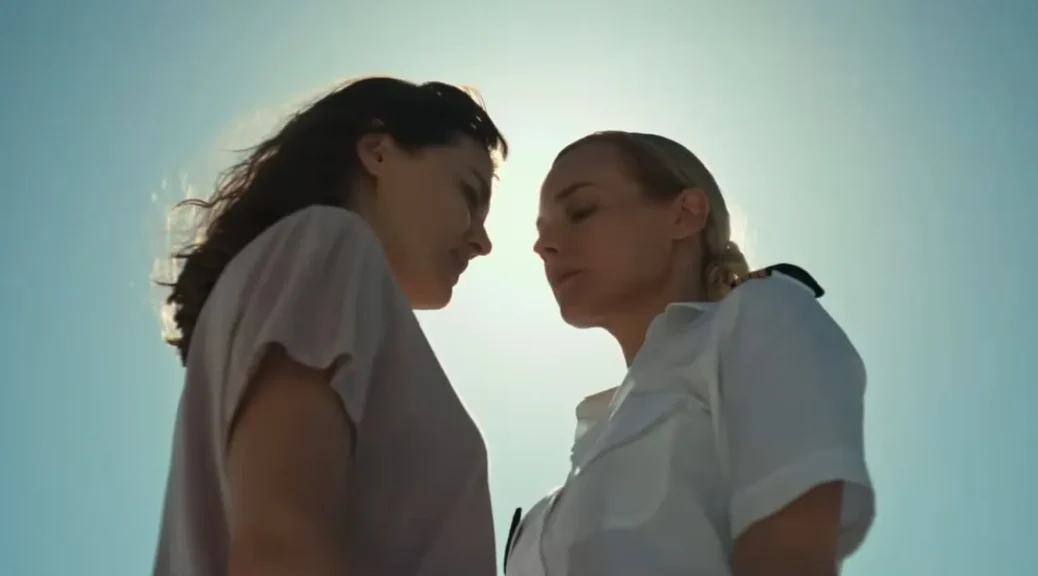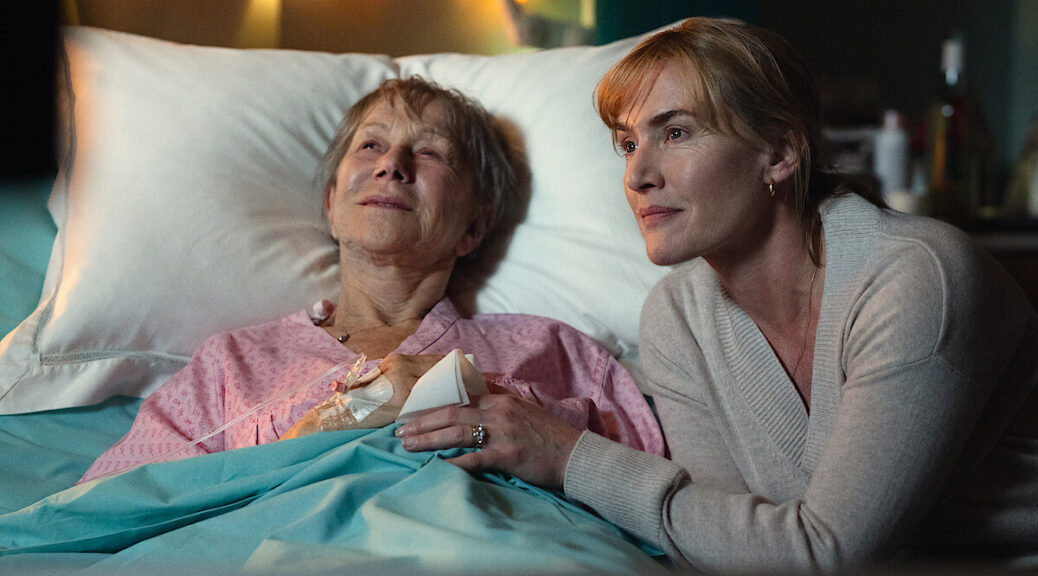Well, if you’re a horror fan, 2025 was your year, at least according to the Academy. All told, the genre racked up 27 Oscar nominations. Ryan Coogler’s period vampire epic Sinners led the pack with a record breaking 16 nominations. The previous high-water mark was 14 nominations.
Guillermo del Toro’s Frankenstein nabbed nine noms, while Zach Cregger’s Weapons got one—Best Actress in a Supporting Role for Amy Madigan—and Emilie Blichfeldt’s The Ugly Stepsister garnering a nomination for Best Makeup and Hair.
Films outside horror did quite well, too. Paul Thomas Anderson’s One Battle After Another received 13 nominations, Joachim Trier’s Sentimental Value nabbed five. Joseph Kosinski’s F1 received three Oscar nominations and Park Chan-wook’s No Other Choice received none. What?!
Wicked for Good got shut out, even in the makeup, costume, hair design and production design categories, which is a bit of a surprise. Otherwise, the Academy recognized what we all expected them to recognize, but, per usual, we have a handful of complaints.
Best Actor in a Supporting Role
Oh, glorious day, they recognized Delroy Lindo! This is a stacked category—Del Toro stole every scene he was in, and Sean Penn has not been such a hoot in any film in decades. Expected to see Paul Mescal, whose turn in Hamnet was so beautiful. Others who were great in smaller roles were Adam Sandler in the utterly forgotten Jay Kelly, and Miles Caton from Sinners. Not sure where we’d put them, though.
· Benicio Del Toro, One Battle After Another
· Jacob Elordi, Frankenstein
· Delroy Lindo, Sinners
· Sean Penn, One Battle After Another
· Stellan Skarsgård, Sentimental Value
Best Actress in a Supporting Role
Another stacked category with so much to be happy about. No real nits to pick here.
· Elle Fanning, Sentimental Value
· Inga Ibsdotter Lilleaas, Sentimental Value
· Amy Madigan, Weapons
· Wunmi Mosaku, Sinners
· Teyana Taylor, One Battle After Another
Best Actor in a Lead Role
This shook out the way we’d expected, although we would have loved to see Jesse Plemmons remembered for Bugonia. We’d have given Ethan Hawke’s slot to him or to Joel Edgerton for Train Dreams, although right now Hawke looks like he may be the upset winner, so what do we know?
· Timothée Chalamet, Marty Supreme
· Leonardo DiCaprio, One Battle After Another
· Ethan Hawke, Blue Moon
· Michael B. Jordan, Sinners
· Wagner Moura, The Secret Agent
Best Actress in a Lead Role
We are thrilled to see Hudson get attention for her delightful performance in Song Sung Blue, although the money’s on Buckley. Chase Infiniti would have been welcome for her fearless performance in One Battle After Another, as would Amada Seyfried for The Testament of Ann Lee, but again, not sure who we’d lose to make room.
· Jessie Buckley, Hamnet
· Rose Byrne, If I Had Legs I’d Kick You
· Kate Hudson, Song Sung Blue
· Renate Reinsve, Sentimental Value
· Emma Stone, Bugonia
Best Director
Would have loved to see Park Chan-wook on this list for just another masterpiece, No Other Choice, perhaps in Safdie’s place, but it’s a good group.
· Paul Thomas Anderson, One Battle After Another
· Ryan Coogler, Sinners
· Josh Safdie, Marty Supreme
· Joachim Trier, Sentimental Value
· Chloé Zhao, Hamnet
Best Casting
It’s the first year for the award, and the Academy only came up with four films. Given the sheer volume of acting nominations One Battle After Another received, seems funny they didn’t make this list.
· Hamnet
· Marty Supreme
· The Secret Agent
· Sinners
Best International Feature
Where on earth is No Other Choice? These films are great—intense, heartbreaking, fascinating—but only Sentimental Value and It Was Just an Accident deserve the spot over Park Chan-wook’s film.
· The Secret Agent, Brazil
· It Was Just an Accident, France
· Sentimental Value, Norway
· Sirãt, Spain
· The Voice of Hind Rajab, Tunisia
Best Score
What a great group! So thrilled for all five films, although we would have given Train Dreams the nod over Bugonia.
· Bugonia
· Frankenstein
· Hamnet
· One Battle After Another
· Sinners
Best Original Song
Loved seeing Train Dreams and Sinners in there.
· “Dear Me,” Diane Warren: Relentless
· “Golden,” KPop Demon Hunters
· “I Lied to You,” Sinners
· “Sweet Dreams of Joy,” Viva Verdi
· “Train Dreams,” Train Dreams
Best Adapted Screenplay
Not to beat a dead paper executive, but where is No Other Choice? We love you, Bugonia, but we’d have given your slot away.
· Bugonia
· Frankenstein
· Hamnet
· One Battle After Another
· Train Dreams
Best Original Screenplay
Maybe it would have been too much to ask for Weapons over Blue Moon?
· Blue Moon
· It Was Just an Accident
· Marty Supreme
· Sentimental Value
· Sinners
Best Documentary Feature
In another year of searing, heartbreaking, brilliant documentaries, great to see Come See Me in the Good Light get noticed.
· The Alabama Solution
· Come See Me in the Good Light
· Cutting Through Rocks
· Mr. Nobody Against Putin
· The Perfect Neighbor
Best Animated Feature
Solid choices in a relatively weak year in animation.
- Arco
- Elio
- KPop Demon Hunters
- Little Amélie or the Character of Rain
- Zootopia 2
Best Cinematography
What an absolute gift we got in cinematography this year. Look at these gorgeous films!
- Frankenstein
- Marty Supreme
- One Battle After Another
- Sinners
- Train Dreams
Best Costume Design
Here’s one where Wicked: For Good is a surprise omission.
- Avatar: Fire and Ash
- Frankenstein
- Hamnet
- Marty Supreme
- Sinners
Best Film Editing
The Perfect Neighbor was a marvel of editing, and The Testament of Ann Lee was like a dream, but these choices are tough to argue.
- F1
- Marty Supreme
- One Battle After Another
- Sentimental Value
- Sinners
Best Production Design
Wicked: For Good could be included here, too, but what to toss out?
- Frankenstein
- Hamnet
- Marty Supreme
- One Battle After Another
- Sinners
Best Picture
F1? It was thrilling fun, but….
· Bugonia
· F1
· Frankenstein
· Hamnet
· Marty Supreme
· One Battle After Another
· The Secret Agent
· Sentimental Value
· Sinners
· Train Dreams
The 98th Academy Awards will be held Sunday, March 15th.
